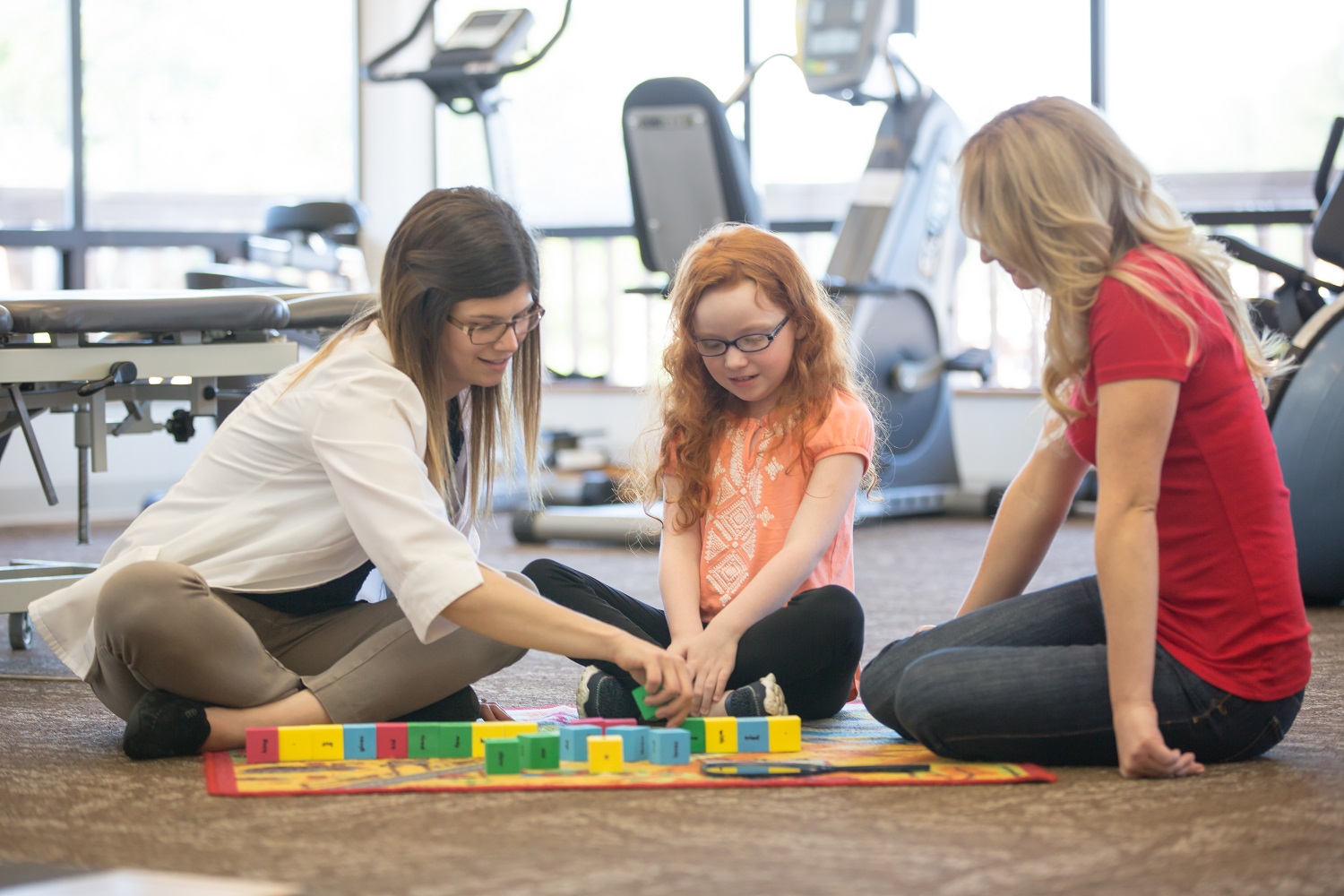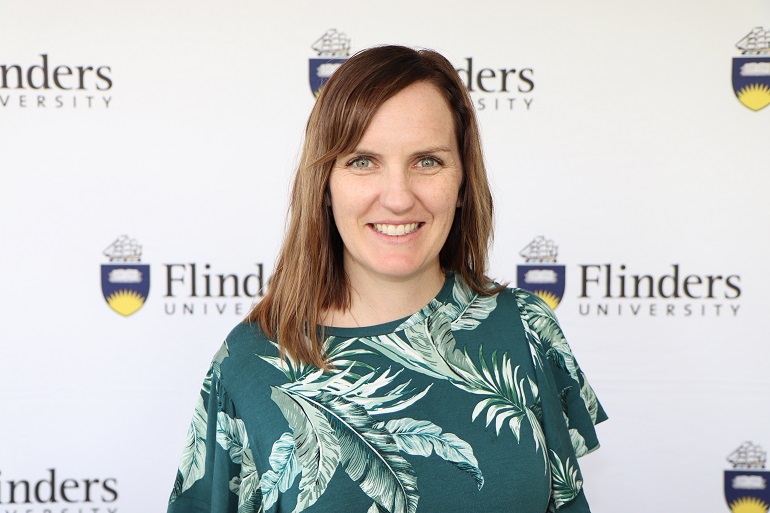
Caring Futures Institute researchers have evaluated the positive impact of the first phase of an allied health training pathway in regional areas.
The Allied Health Rural Health Generalist Pathway (AHRGP), introduced in 2019 with funding from the State Government, has engaged 13 allied health graduates so far in the formal education program designed to fast track their development.
The AHRGP aims to strengthen the future of the regional allied health workforce by upskilling graduate allied health professionals with the tools needed to care for regional patients.
Through the training pathway, graduates build on their knowledge in a range of clinical areas to respond to the diverse healthcare needs of rural communities. They also undertake service development projects with a rural focus.
In the report, authored by Caring Futures Institute researchers Alison Dymmott, Chris Brebner, Stacey George, and Narelle Campbell, a number of recommendations emerged including that investment into the AHRGO should continue due to the “overwhelmingly positive experience of all stakeholders to date”.
Ali Dymmott, a clinical Occupational Therapy lecturer at Flinders University, is undertaking her PhD exploring the experience of early career allied health professionals in rural and remote areas.
She is also investigating the impact of this generalist training pathway on improving workforce outcomes for allied health services in rural and remote SA.
Ali says retention of allied health professionals in rural and remote areas is poor, for a number of reasons.

“This research will explore whether training early career allied health professionals to become rural generalists will impact on their intention to stay, their career opportunities and competence and confidence to work in rural and remote areas,” she says.
“It is anticipated that if retention of allied health improves, then communities will have access to higher quality and more consistent services which will have a positive impact on their health and wellbeing.”
Minister for Health and Wellbeing Stephen Wade said the evaluation of the first phase of the program had been positive, with early outcomes indicating the program will support trainees to work as more advanced rural generalist clinicians to better meet the needs of their local communities.
“Allied health services such as physiotherapy, occupational therapy, podiatry and speech pathology provide important everyday support to patients, so we are determined to make sure that care is accessible in regional communities,” he said.
Allied Health refers to a range of individual professions including dietetics, occupational therapy, physiotherapy, podiatry, speech pathology and social work .
While metropolitan allied health professions may specialise in a certain area, those working in rural parts are likely to need multidisciplinary skills.
Local Health Networks that have so far benefitted from the pathway include the Eyre Peninsula and Far North, Flinders and Upper North, Limestone Coast, Riverland, Mallee Coorong, and Yorke and Northern.
Read the Caring Futures Institute report into the AHRGP here.

